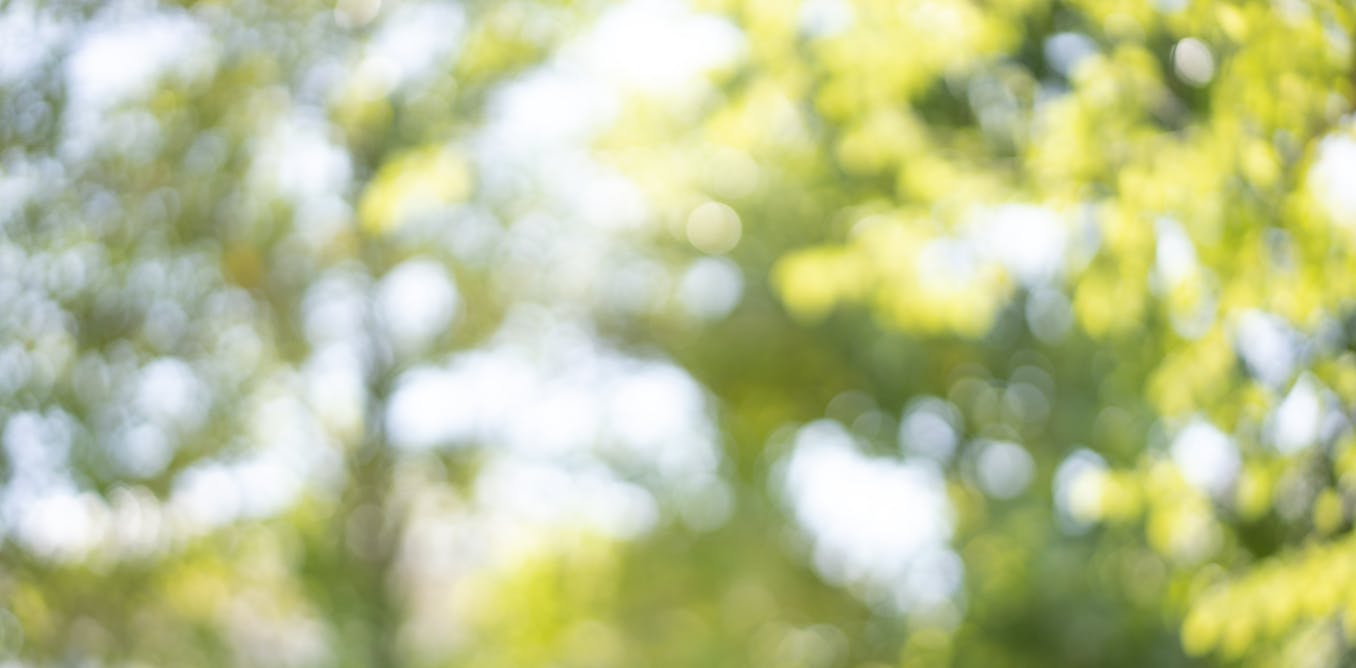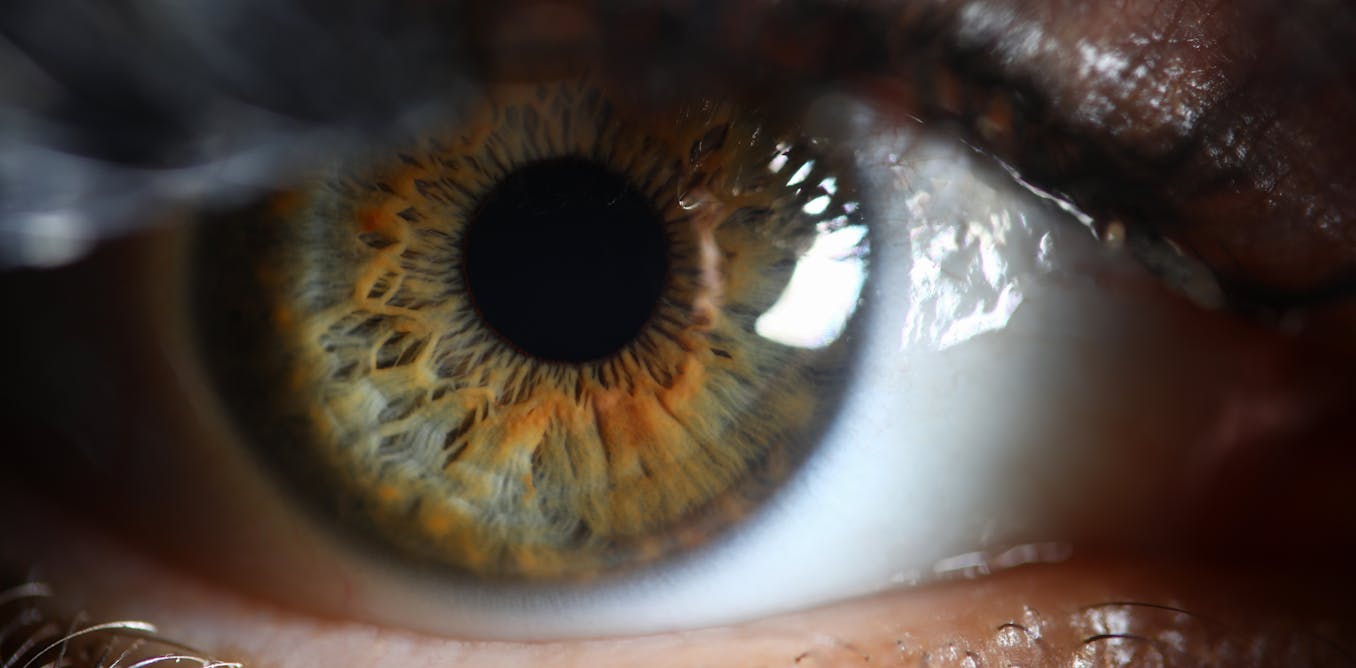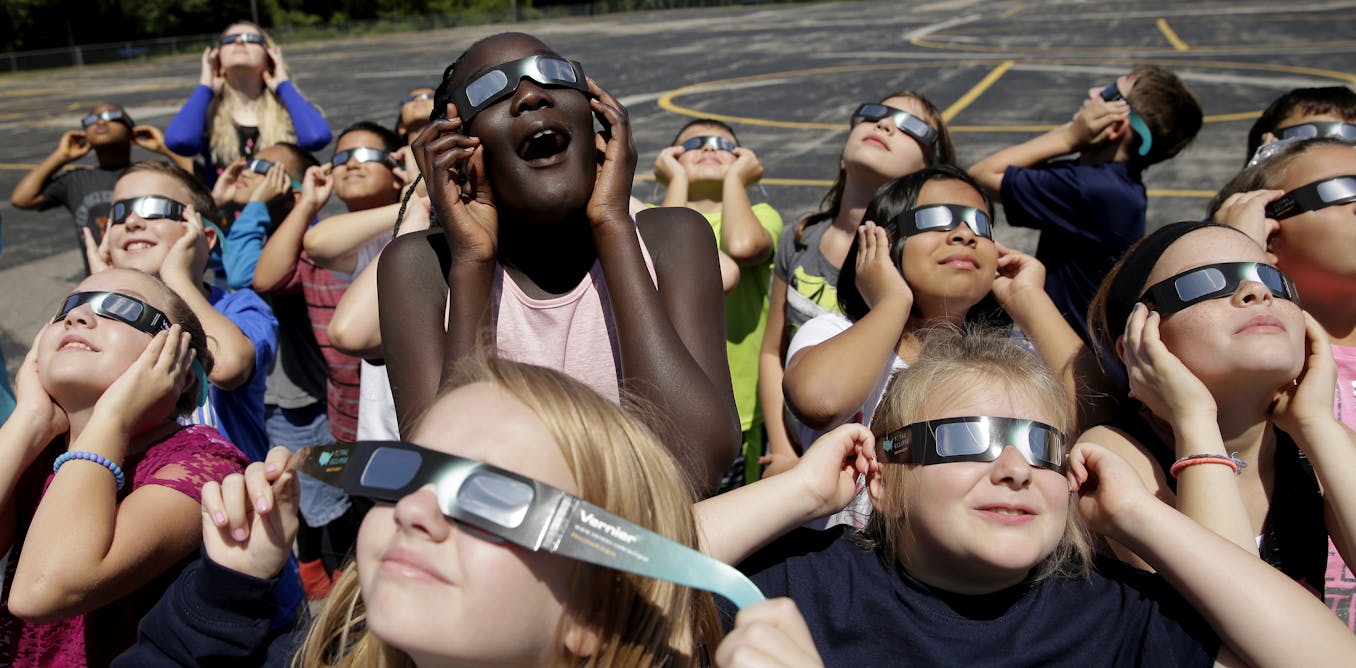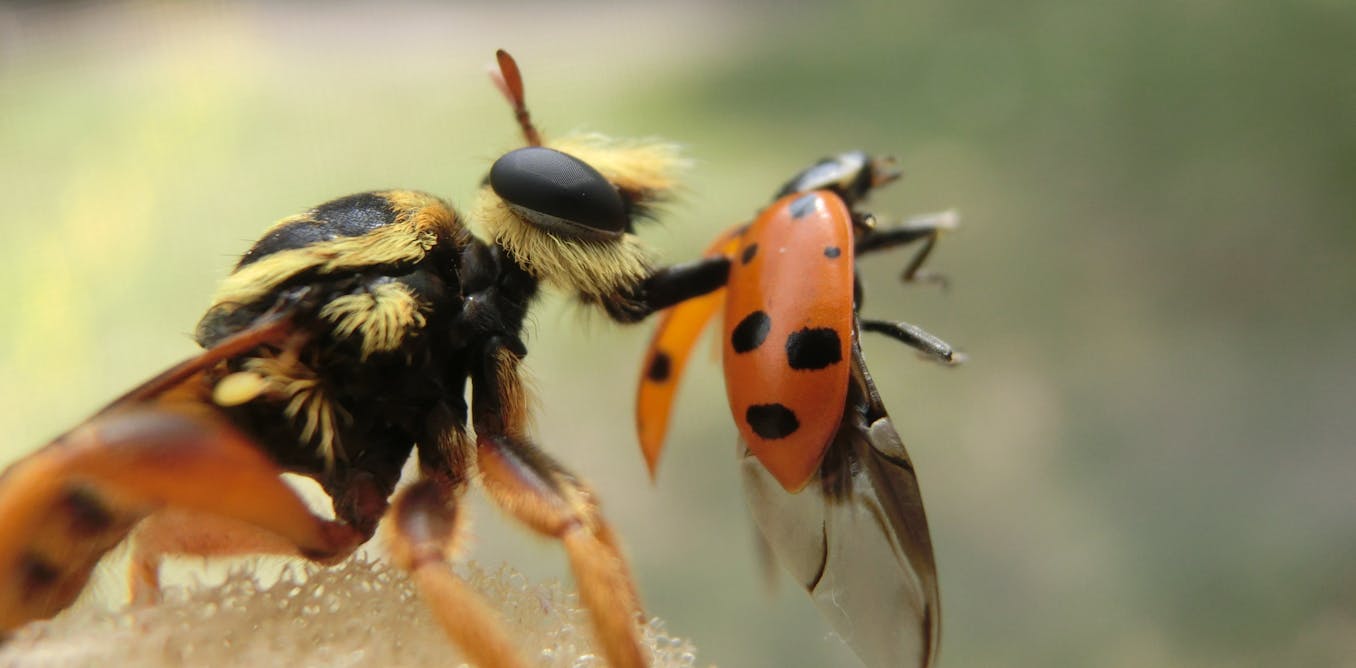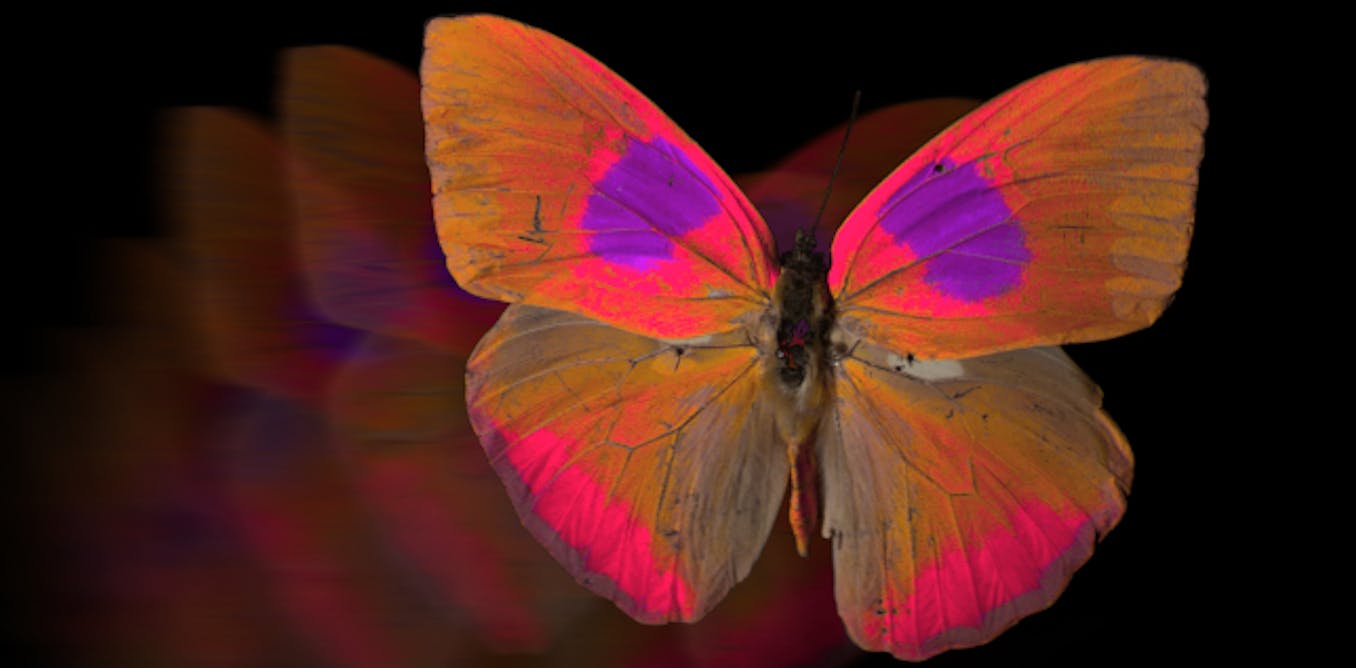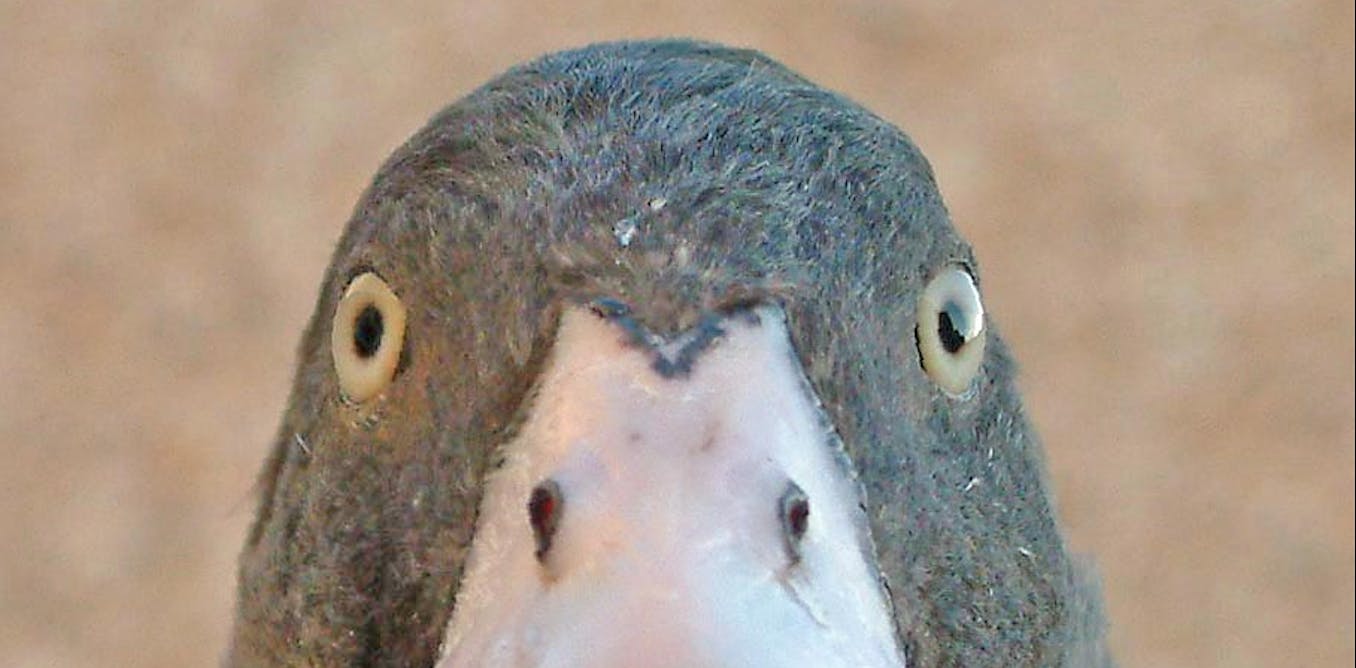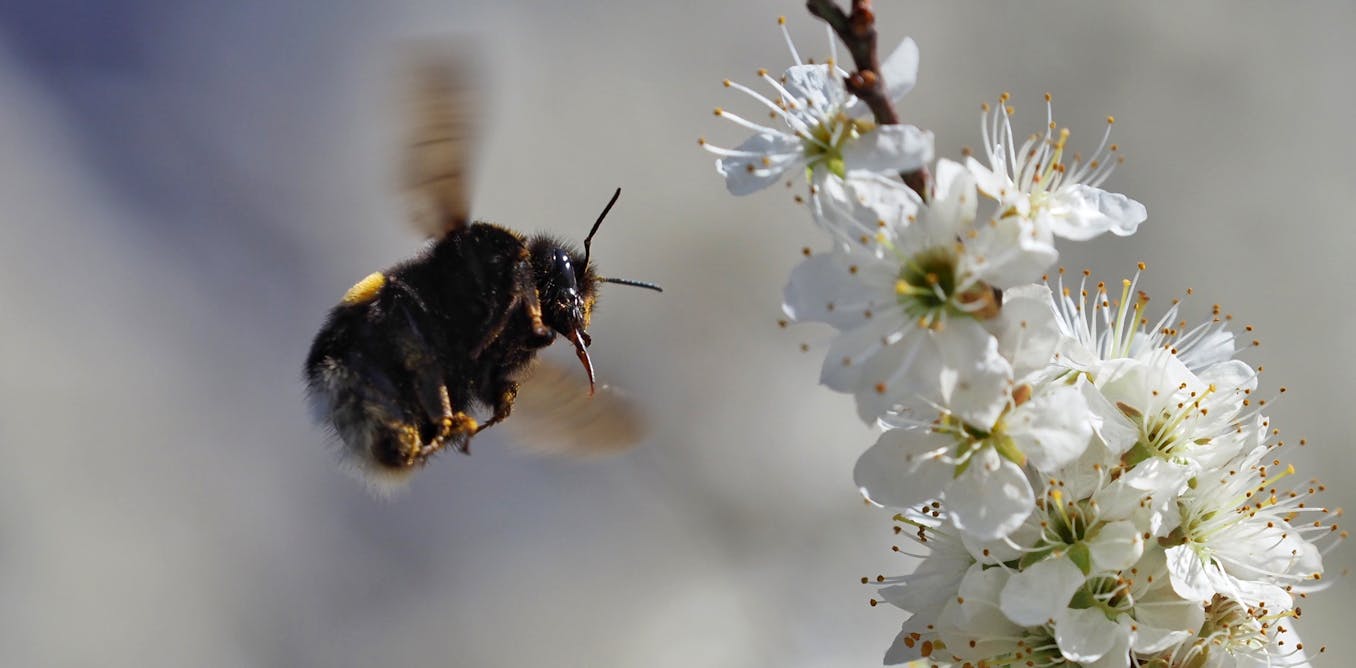Nearsightedness is at epidemic levels – and the problem begins in childhood
While reading, scrolling and focusing on other objects near our faces increase the risk of developing myopia, a little time outdoors in the sun can help mitigate it.
April 24, 2024 • ~7 min

